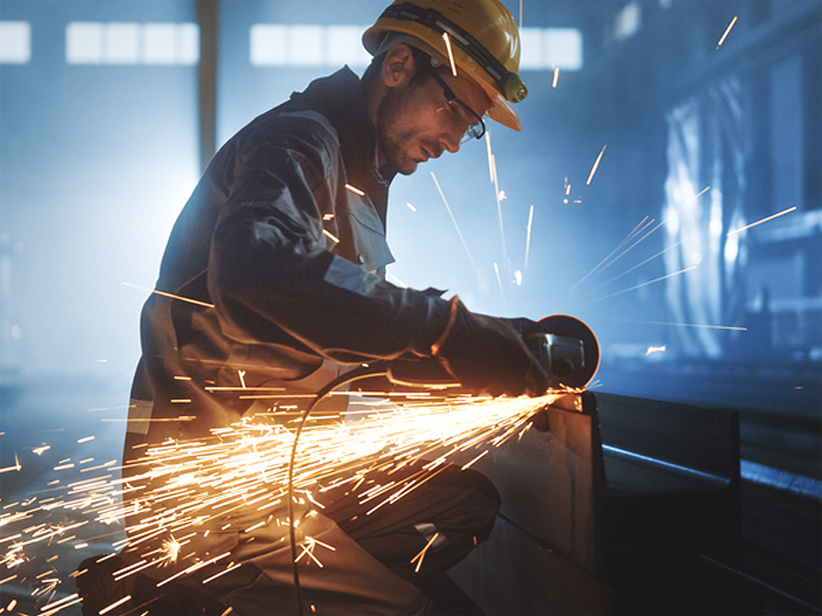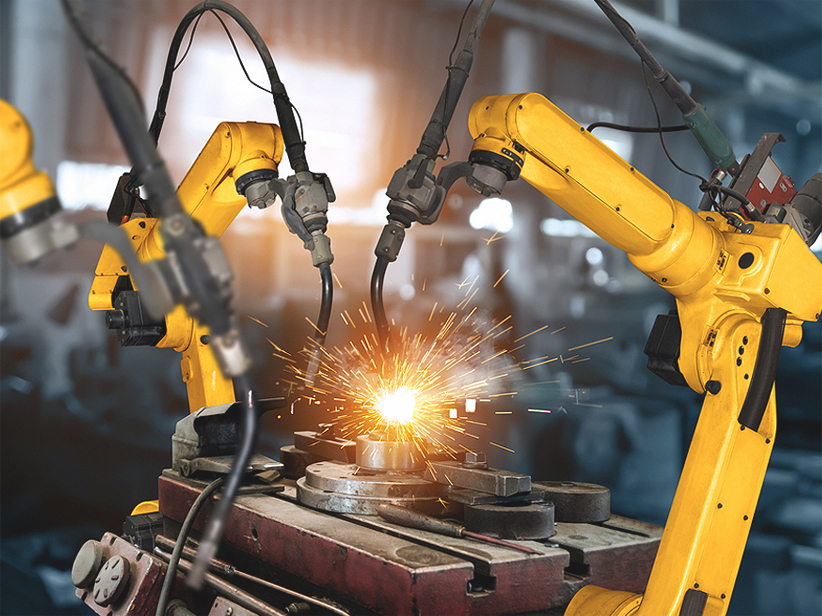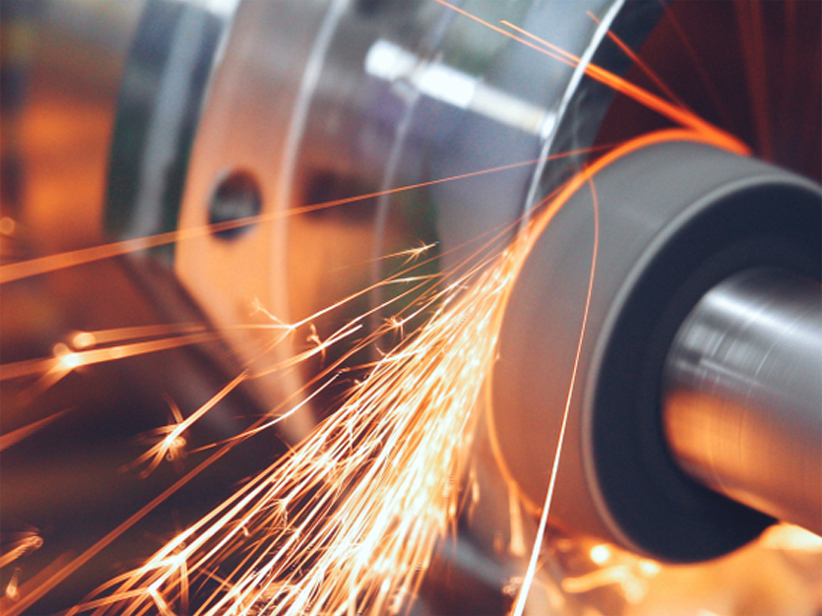Description
Stainless Steel Grade 308H/1.4301 is an austenitic chromium-nickel stainless steel with a high carbon content. This grade is designed for use in applications where high-temperature strength is required. The higher carbon content improves high-temperature properties, making it suitable for use in elevated temperature environments. It is commonly used in welding consumables and high-temperature industrial applications.
Chemical Composition
The typical chemical composition of 307SI is as follows:
Chromium (Cr): 19.0 - 21.0%
Nickel (Ni):9.0 - 11.0%
Carbon (C): 0.04 - 0.10%
Manganese (Mn): ≤ 2.0%
Silicon (Si):≤ 0.75%
Phosphorus (P):≤ 0.045%
Sulfur (S):≤ 0.030%
Mechanical Properties
The mechanical properties of 307SI/1.4316 include:
Tensile Strength: 550 MPa (min)
Yield Strength:240 MPa (min)
Elongation: 40% (min)
Hardness: ≤ 217 HB
Thermal & Physical Properties
Density: 8.0 g/cm³
Melting Point: 1400 - 1450 °C
Thermal Conductivity: 15.0 W/m•K at 100 °C
Specific Heat Capacity: 500 J/kg•K at 100 °C
Electrical Resistivity:0.72 µΩ•m at 20 °C
Thermal Expansion: 17.2 x 10⁻⁶ /K at 20-100 °C
Other Designations
UNS: S30809
EN: 1.4301
JIS: SUS 308H
BS: 308S31
Fabrication and Heat Treatment
Fabrication: 308H/1.4301 stainless steel can be easily welded and processed by standard shop fabrication practices. It can be readily formed into various shapes and welded using standard techniques like TIG, MIG, and resistance welding.
Heat Treatment: Solution annealing can be performed at 1010-1120°C, followed by rapid cooling. Post-weld heat treatment is not required for 308H stainless steel.
Applications
This grade is commonly used in:
Petrochemical Industry: Used in piping, vessels, and heat exchangers that require high-temperature strength.
Power Generation: Boiler parts and superheater tubes.
Welding Consumables: Commonly used in the production of welding wires and rods.
Chemical Processing: Used in chemical processing equipment and furnaces.
Supplied Forms
Bars
Coils
Wires
Features
High-Temperature Strength: The increased carbon content provides enhanced strength at elevated temperatures.
Good Weldability:Suitable for various welding methods and does not require post-weld heat treatment.
Corrosion Resistance:Offers good resistance to corrosion in oxidizing environments.
Formability:Can be easily formed and fabricated into various shapes.
Durability: Robust and durable, making it suitable for high-stress applications.






